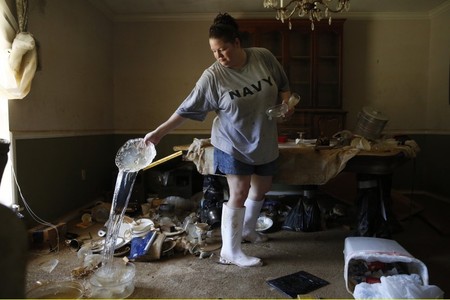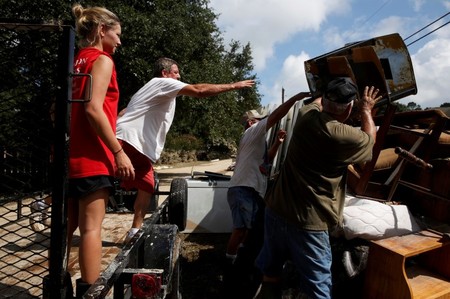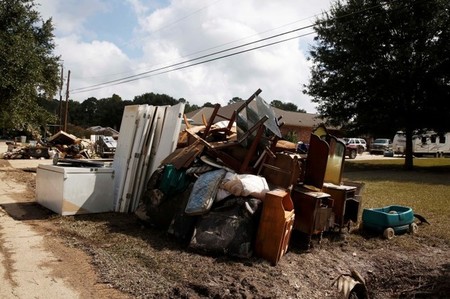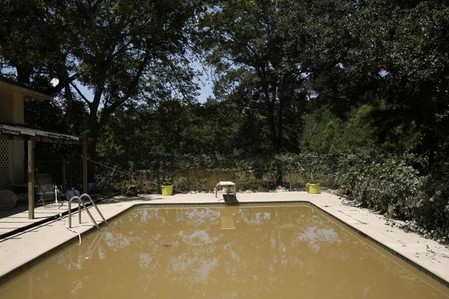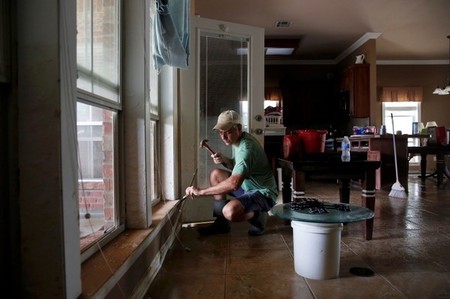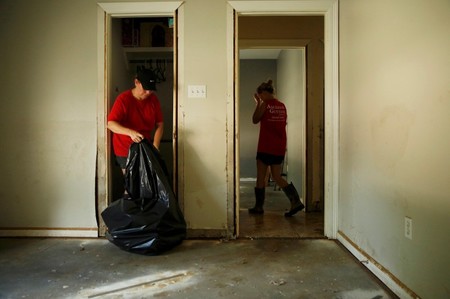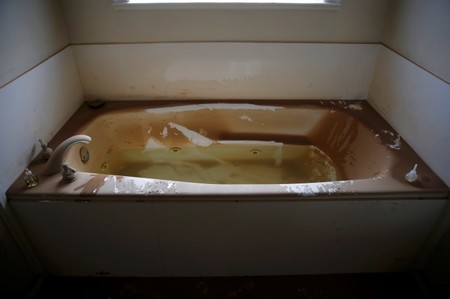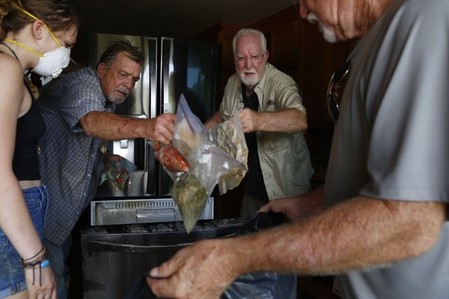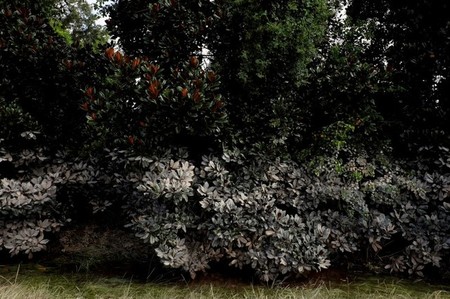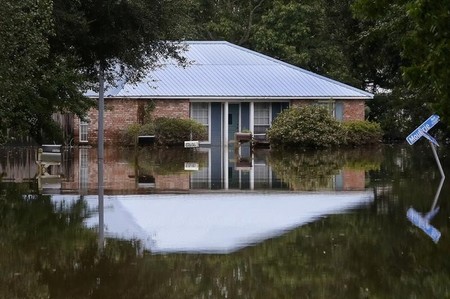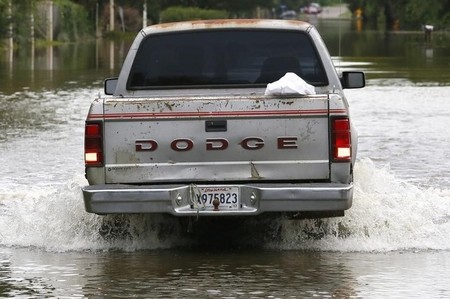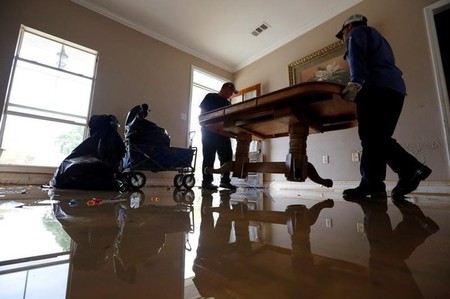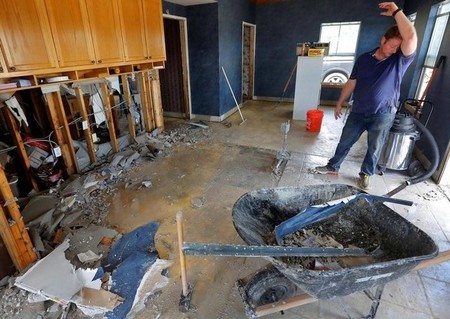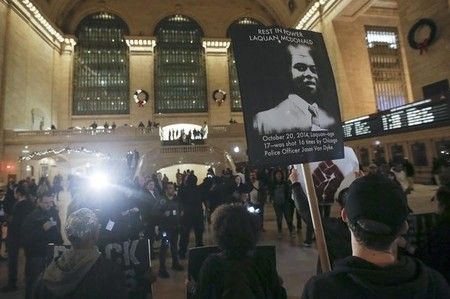Advertisement
Louisiana assesses flood damage as residents return to soaked homes

By Sam Karlin
GONZALES, La. (Reuters) – Ron Allen set out electric fans at his rental property in southeastern Louisiana on Wednesday, hoping to dry floors that had been swamped by nearly a foot of water.
“We’ve got to pull out the wood, pull out the vinyl. But first we gotta get the water out,” said Allen, 66. “This has never happened before.”
Record floods have been blamed for at least 13 deaths and damage to about 40,000 homes. Authorities have only begun assessing the devastation.
Rains that started last Thursday have dumped more than 2-1/2 feet (0.76 meters) of water on parts of Louisiana.
The American Red Cross has called the flooding the worst disaster in the United States since Super Storm Sandy hit the U.S. East Coast in 2012.
“Thousands of people in Louisiana have lost everything they own and need our help now,” Brad Kieserman, vice president of disaster services operations and logistics for the Red Cross, said in a statement.
As of Wednesday afternoon, shelters across the state were housing 5,435 people, according to the Louisiana Department of Children and Family Services.
U.S. President Barack Obama signed a Louisiana disaster declaration on Sunday and ordered federal aid to supplement state and local efforts.
The White House said on Wednesday that Obama had directed the Federal Emergency Management Agency to “utilize all resources available” in responding to the flooding.
Swollen creeks and bayous were still overflowing on Wednesday in downstream communities such as Gonzales, as recovery efforts were beginning around Baton Rouge.
In Livingston Parish, east of Baton Rouge, at least 75 percent of homes were flooded, the sheriff’s office said on Facebook. The parish includes Denham Springs, where about 90 percent of the homes and every local school took in water, Mayor Gerard Landry told local radio station Talk 107.3.
Landry said he thought it could take two to three months to reopen schools.
“These folks that have flooded, they don’t have shoes. They don’t have underwear. They don’t have shirts. They don’t have toilet paper,” he said in the radio interview on Wednesday. “All the basic essential needs, they don’t have.”
For Terry Lyon, 56, the devastation was all too familiar. His trailer was destroyed 11 years ago in Hurricane Katrina, which struck the U.S Gulf Coast and left more than 1,800 people dead.
Lyon’s apartment in Baton Rouge flooded on Saturday, and he and his wife drove to stay with relatives on dry ground in Ascension Parish. By Monday evening, many there were underwater.
“I’ve never seen water come up like this and come after us,” said Lyon, standing outside a shelter in Gonzales, Louisiana. “I never dreamed it could get this bad.”
(Reporting by Sam Karlin; Additional reporting by Bryn Stole in Baton Rouge, La.; Writing by Letitia Stein; Editing by Tom Brown, Toni Reinhold)

